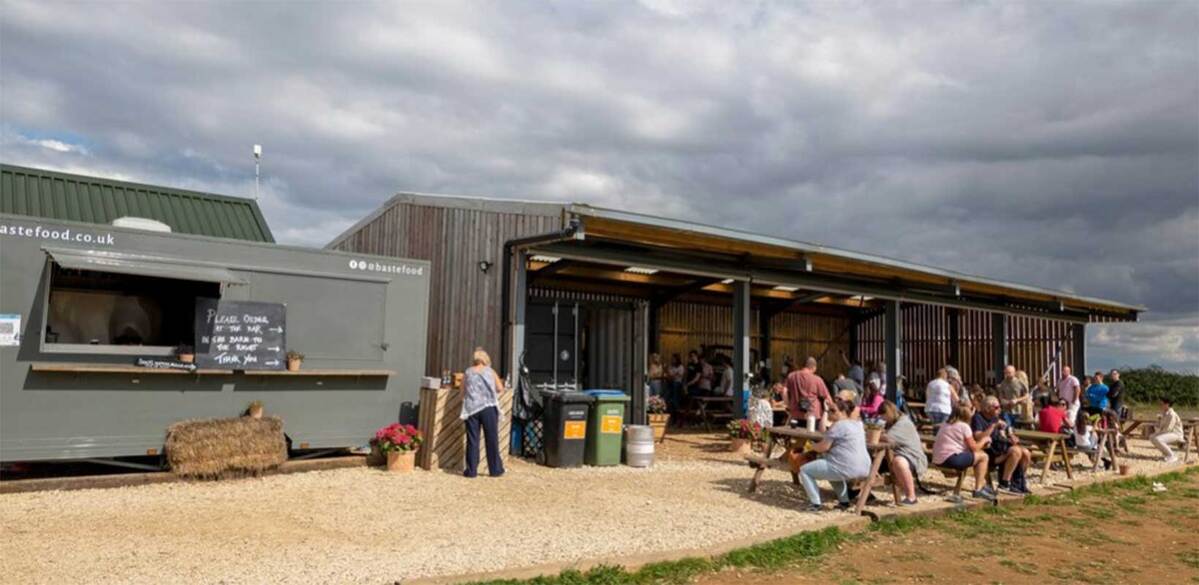Wake-up call: Get ready for the new tipping legislation
The government is planning to make it illegal for businesses to take a cut of staff tips. Peter Davies tells what you can expect from the bill
The problem
The new Employment (Allocation of Tips) Bill has now been published and has started its passage through Parliament. When it becomes law it will bring major changes for most hospitality businesses regarding how to deal with tips and service charges.
The law
The new legislation will require businesses to pay 100% of the face value of tips and service charges paid by customers to staff working at the same site where the tip was paid. The money must be paid to workers by the end of the following month after receipt and must be allocated in a way that is “fair”.
Agency workers will have a right to receive tips on the same basis as directly employed staff, and all workers will now have a right to see written records showing that all tips received by an employer have been paid to staff. There will be a statutory Code of Practice drawn up with consultation, which will set out the principles of what is deemed “fair”. Businesses will still be able to set up and use tronc schemes and the financial advantages of those systems for businesses and workers remain unchanged.
Expert advice
The majority of hospitality businesses already pass on all tips and service charges received after taking account of credit card fees and bank charges. This is a cost businesses will now be required to absorb which, according to the government’s impact assessment, could cost the sector up to £138m per annum. Multi-outlet organisations that may have pooled service charges to provide consistency to workers in different sites will no longer be able to do this, although they will still be able to pay a share to workers in non-public places of businesses, such as head office or dark kitchens.
The inability to save money during busy trading periods to support workers at quieter times of year will inevitably lead to a much greater fluctuation in earnings for staff over the course of a year and remove much of the stability and certainty that presently exists.
The legislation sets out that, where an independent tronc system is used in line with HMRC requirements, there will be an automatic presumption of “fairness”, and a business using such a tronc system will have satisfied its obligations to workers to deal with monies in a “fair” way. The government expects this will lead to an increase in the use of tronc systems across the sector.
Whilst the legislation is still subject to change, it has cross-party support and the main principles are unlikely to change. The precise timing remains unclear, but the legislation could be on the statute book before the end of the year. As yet, there is no mention of any implementation or lead-in period.
To-do checklist
- Take steps to prepare for the cost implication of not being able to make any deduction or retention relating to costs from tips and service charges.
- Have a system of record-keeping that shows 100% of the monies received has been paid out to workers in the required timescale.
- Make sure that you have an independent tronc system in place or, alternatively, draw up a written policy to show how the money is allocated “fairly” by you.
- If you have a pooled system across multiple sites you will need to end this for new funds received after the date of implication.
If you currently do not operate tronc but use service charges to fund salary costs above and beyond the Minimum Wage, you will have to make a one-and-for-ever decision before the new legislation takes effect whether to pay those amounts as contractual service charges (subject to National Insurance) or set up a tronc. It will be very difficult under the new legislation to make any such change in future.
Beware
Workers will now have a right to make a written request to see an employer’s records relating to tips or service charges received at their site. The record must show that 100% of money received has been paid to workers within the relevant time period and that either an independent tronc is used or else that the employer allocates tips “fairly”. A worker can bring a claim against an employer at an employment tribunal if these records aren’t provided or if they believe the system is “unfair” and tribunals can make orders requiring restitution for workers plus compensation of up to £5,000.
Peter Davies is managing director at WMT Troncmaster Services (01727 838255; tronc@wmtllp.com)
Photo: Andrey_Popov/Shutterstock

















